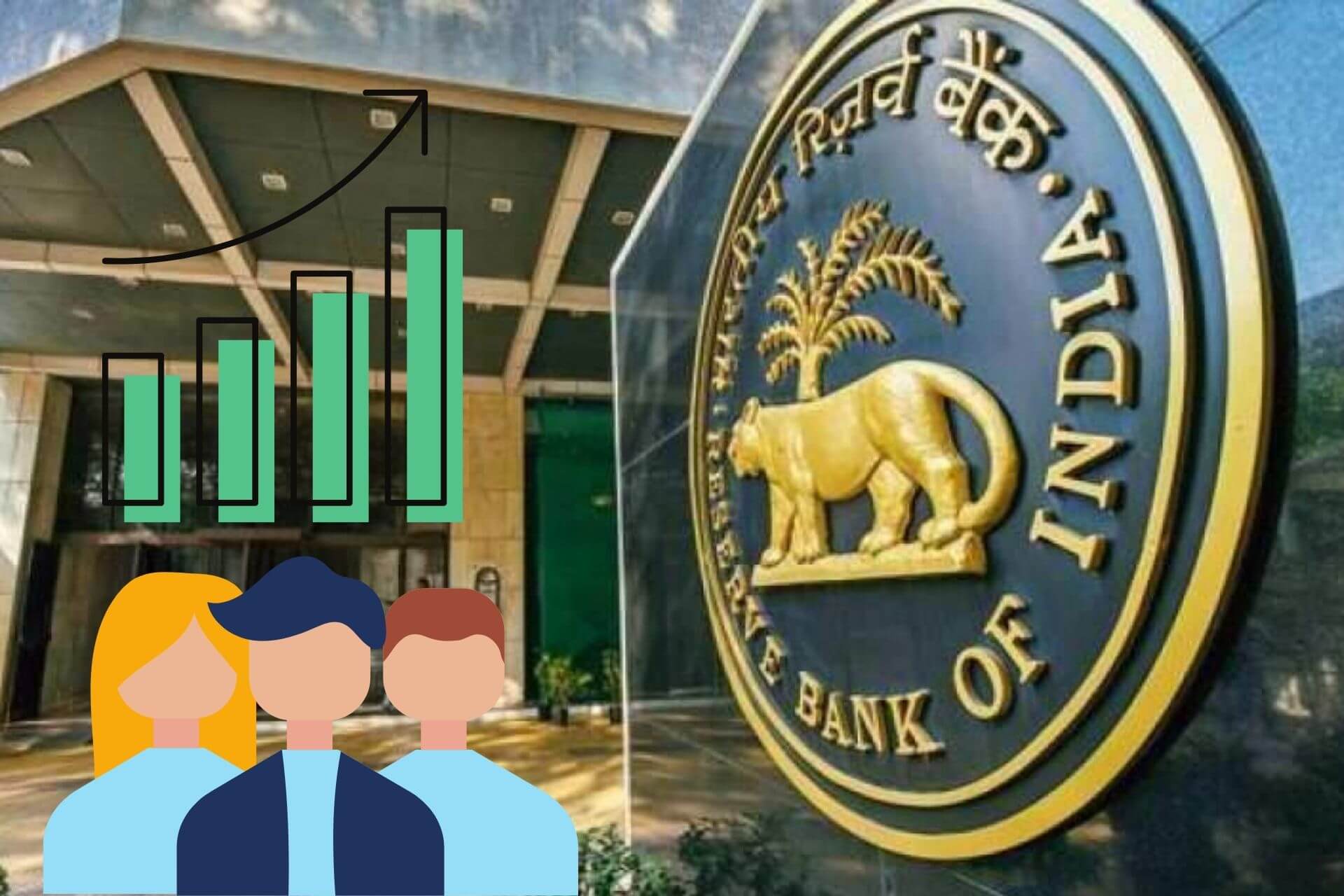Understanding the Role of RBI in Financial Market: In the current times while dealing with the economic slowdown news that includes the RBI has been a hot topic. This is because everyone looks up to the RBI and awaits the steps that it can take in order to revive the economy once again. Today we take a look at the responsibilities and role of RBI in financial market. Here, we’ll discuss the functions that the banker to the government plays in our financial system.
Reserve Bank of India (RBI) is the Central Bank of the country and so its roles differ from other retail banks. The Reserve Bank of India was established in 1935 and was privately owned until 1949 post which it was fully owned by the Government of India. The RBI takes on greater responsibilities like ensuring credit supply, managing payment systems with the aim of promoting economic development.
Role of RBI in Financial Market
The RBI plays the following role when it comes to the financial markets of the country
1. Ensuring stability and Growth of the Infrastructure
The financial markets play a very important role in the financial system and very few entities in the country have the power and resources to ensure their stability, one of them being the RBI. Financial Market Infrastructure (FMI) is a multilateral system that includes participating institutions where the operator looks after the clearing, settling, recording payments, securities, derivatives, or other financial transactions. The FMI includes PAyment Systems, Central Securities Depository, Securities Settlement Systems, Central counterparties, trade repositories(an entity that maintains electronic records of transaction data), etc.
It is very important that these functions work as smoothly as possible and have the right infrastructure as Financial markets are the channels that concentrate risks in the economy which if not managed properly can transmit shocks across the economy. In order to address these problems, the RBI sets up organizations and committees to look after and develop the infrastructure of the financial markets.
Some of these infrastructures include the Securities Settlement Systems (SSS), Real-Time Gross Settlement System (RTGS), and Clearing Corporation of India Ltd (CCIL), Negotiated Dealing System- Order Matching (NDS-OM), etc. The NDS-Om, for example, is owned by the RBI and is an electronic order-driven trading system for govt securities. The NDS-OM accounts for 90% of the trading volume in government securities.
2. Ensuring the growth of Payment systems in India
The RBI oversees these payment infrastructures out in place in order to ensure its efficiency and safety of its participants. This role has been of growing importance especially as the country is encouraged into adopting the electronics payment system and keeping up with international developments.
This is only possible because the RBI ensures that the payment and settlement systems are safe, efficient, and accessible throughout the country.
3. Supervising the Payment and Settlement systems
The RBI designates specific responsibilities to various other institutions it sets up in order to ensure that the system is regulated and supervised. The RBI also sets up the legal framework that governs these systems. For eg. the RBI has set up the PSS( Payment and Settlement Systems Act, 2007).
This act empowers the RBI to set standards for the format of payment instructions, timings to be maintained, manner of fund transfer, etc. The RBI is also given the power to access any information relating to the operation of any payment system, enter and inspect any premise where the payment system is operated, and carry out audits and inspections.
4. Regulating OTC Derivatives
The trade repository for Over-the-counter(OTC) derivatives are set up as required by the RBI and are regulated by two separate frameworks i.e. the Reserve Bank of India Act, 1934, and Forward Contracts (Regulation) Act, 1952.
OTC derivatives here include interest rate swaps, forward rate agreements, foreign currency swaps, foreign currency-rupee swaps, foreign currency options, foreign currency-rupee options.
5. Other functions of the RBI
The RBI has the power to influence the supply of money by adjusting the deposits, reserves (SLR and CRR) it expects banks to maintain, and interest rates that it charges commercial banks that wish to borrow money. These rates and requirements are changed according to the requirements of the economy.
The RBI also plays an important role when in stabilizing the value of the Indian currency by maintaining gold bullions and foreign currency reserves. Another important aspect that the RBI looks into is controlling its arch-nemesis i.e inflation.
Closing Thoughts
Today, we discussed the role of RBI in financial market. The RBI has evolved into one of the most important and dependable entities in the country over the last 85 years. This can be seen even today where the RBI is looked up to in distressing times when the economy is exposed to global and internal shocks.
Along with the rising scale of growth and scope of the Indian economy, the RBI also ensures that the internal working environment of the Indian financial markets is stable and reliable and at the same time is evolving to match global standards.

Aron, Bachelors in Commerce from Mangalore University, entered the world of Equity research to explore his interests in financial markets. Outside of work, you can catch him binging on a show, supporting RCB, and dreaming of visiting Kasol soon. He also believes that eating kid’s ice-cream is the best way to teach them taxes.





